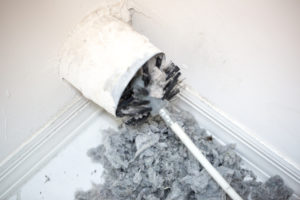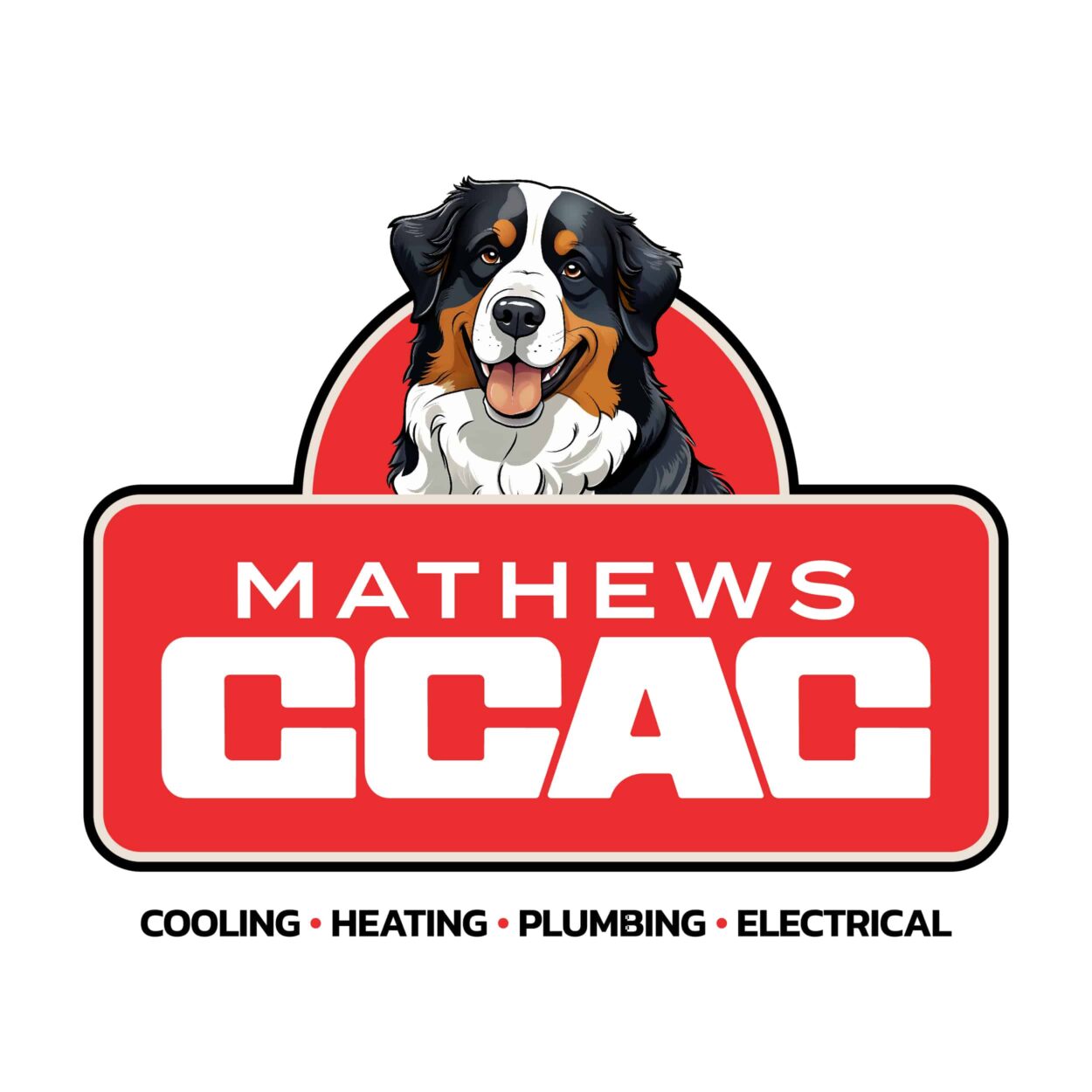 Defective or inadequate dryer ventilation is a common cause of house fires. The Federal Emergency Management Agency (FEMA) reports that nearly 14,500 home dryer fires occur annually. In most cases, the origin is a dryer overheating due to ventilation issues. Dryers produce not only heat, but large amounts of lint shed by clothing. These tiny fibers are highly flammable and easily ignited. A lint fire that begins in a dryer or the attached vent pipe rapidly spreads into the wall and may threaten the entire house.
Defective or inadequate dryer ventilation is a common cause of house fires. The Federal Emergency Management Agency (FEMA) reports that nearly 14,500 home dryer fires occur annually. In most cases, the origin is a dryer overheating due to ventilation issues. Dryers produce not only heat, but large amounts of lint shed by clothing. These tiny fibers are highly flammable and easily ignited. A lint fire that begins in a dryer or the attached vent pipe rapidly spreads into the wall and may threaten the entire house.
Adequate dryer ventilation means hot air is properly exhausted so the dryer doesn’t overheat and flammable lint does not accumulate. Here are several ways to ensure that your dryer operates safely and efficiently:
Clean the dryer lint trap before drying a load of clothes. A clogged lint trap can cause the unit to dangerously overheat.
Check the dryer vent pipe function regularly. While the dryer is running, step outside where the vent pipe terminates and feel the flow of hot air coming out of the vent. If you can’t feel any hot air or the flow seems restricted, turn off the dryer and call a qualified service technician.
Make sure your dryer vent pipes meet the current Underwriters UL 2158 standard for dryer safety. Flexible plastic vent hoses common in the past are no longer acceptable due to flammability. The dryer vent pipe should be metal with a smooth interior surface to prevent accumulation of lint and contain any fire. The total length of a dryer vent pipe should not exceed 25 feet.
Verify that the dryer vent pipe extends all the way to the outdoors. The pipe must not terminate in an attic or crawl space.
Don’t leave the house with the dryer running. Don’t dry clothes while you are sleeping.
Most dryer vent pipes are not easily accessible for do-it-yourself cleaning. Every two years, get a dryer vent inspection and cleaning by a qualified professional.
For more about safe dryer ventilation to prevent fires, in the Coastal Bend contact CCAC.
Our goal is to help educate our customers in Corpus Christi, Texas about energy and home comfort issues (specific to HVAC systems). For more information about your HVAC system, download our free Home Comfort Guide or call us at 361-678-2495.












